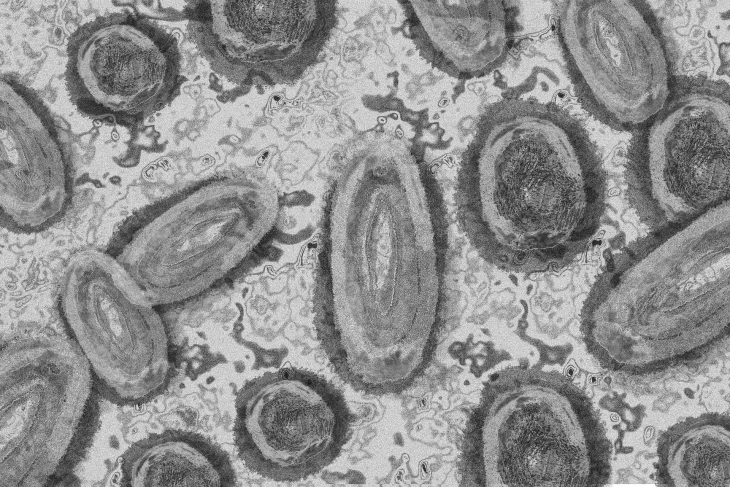WHO: More than 1,000 monkeypox cases in previously unaffected states
- Post By Nevenka Nikolik
- 18:12, 8 June, 2022

Geneva, 8 June 2022 (dpa/MIA) - The number of registered monekypox cases in countries not previously affected by the virus has climbed to more than 1,000 since May, World Health Organization chief Tedros Adhanom Ghebreyesus said Wednesday in Geneva.
The number of infections recorded in Germany rose to 113 on Wednesday, a sharp rise from the previous day when the toll stood at 80. The figures come from the national disease control, the Robert Koch Institute, which said that all those affected so far were men.
The UK Health Security Agency announced additional cases of monkeypox had been detected in England and Scotland, bringing the combined British total to 321 as of Tuesday.
According to the WHO, it is not clear whether an infection - unlike smallpox, which was eradicated in 1980 - gives lifelong immunity. Cases are known from Africa in which people have been reinfected after recovery, monkeypox expert Rosamund Lewis said.
While individual infections have been reported in women, so far the majority concern men who have sex with men, she said. It is important for those affected to isolate themselves if they show symptoms and to avoid contact with family members, Lewis stressed.
The virus is usually transmitted through physical contact.
The WHO is currently assessing how much smallpox vaccine is available worldwide. According to the body, countries have stocks to guard against a possible new outbreak. Because it comes from the same family of viruses, this vaccine is also effective against monkeypox.
The organization believes that there is enough vaccine to contain the current outbreaks. More vaccine would be needed, however, if the number of cases were to rise sharply, WHO expert Sylvie Briand said. The WHO is in talks with vaccine manufacturers about capacities. Monkeypox is considered a less severe disease than smallpox.
Tedros recalled that the first case of monkeypox in a human was detected in Africa as early as 1970. More than 1,400 people have been infected since the beginning of the year and 66 have died in the continent, he said.
"This virus has been circulating and killing in Africa for decades," Tedros said. "It’s an unfortunate reflection of the world we live in that the international community is only now paying attention to monkeypox because it has appeared in high-income countries."







